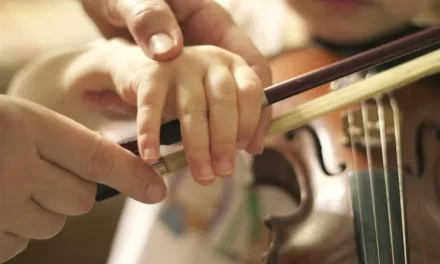Estonia — A new study highlights a concerning link between high screen time and weaker language development in young children. Published on Thursday in Frontiers in Developmental Psychology, the research reveals that children who are exposed to more screen time, particularly through video games, tend to have poorer vocabulary and grammar skills.
The study, led by Dr. Tiia Tulviste from the University of Tartu, involved a survey of over 400 families. Parents provided detailed information about their screen use and their children’s screen time, as well as completing a questionnaire assessing their children’s language abilities.
Findings show a clear correlation: children whose families frequently use screens also tend to use screens more themselves. The study divided participants into three groups based on their screen time—high, low, and moderate. Results indicated that children in the high screen time group performed worse in language development tests compared to their peers in the low screen time group.
Dr. Tulviste emphasized that the most critical factor for language development in early childhood is regular face-to-face interaction between parents and children. “The research shows that during the first years of life, the most influential factor is everyday dyadic face-to-face parent-child verbal interaction,” she said.
Interestingly, while reading e-books and engaging in educational games might offer some language learning benefits, the study found no positive impact from general screen use on language skills. Video games, in particular, were highlighted as having a notably detrimental effect on language development, regardless of whether the screen time was used by parents or children.
The study underscores the importance of limiting screen time and encouraging more interactive, verbal engagement between parents and young children to support better language development.











